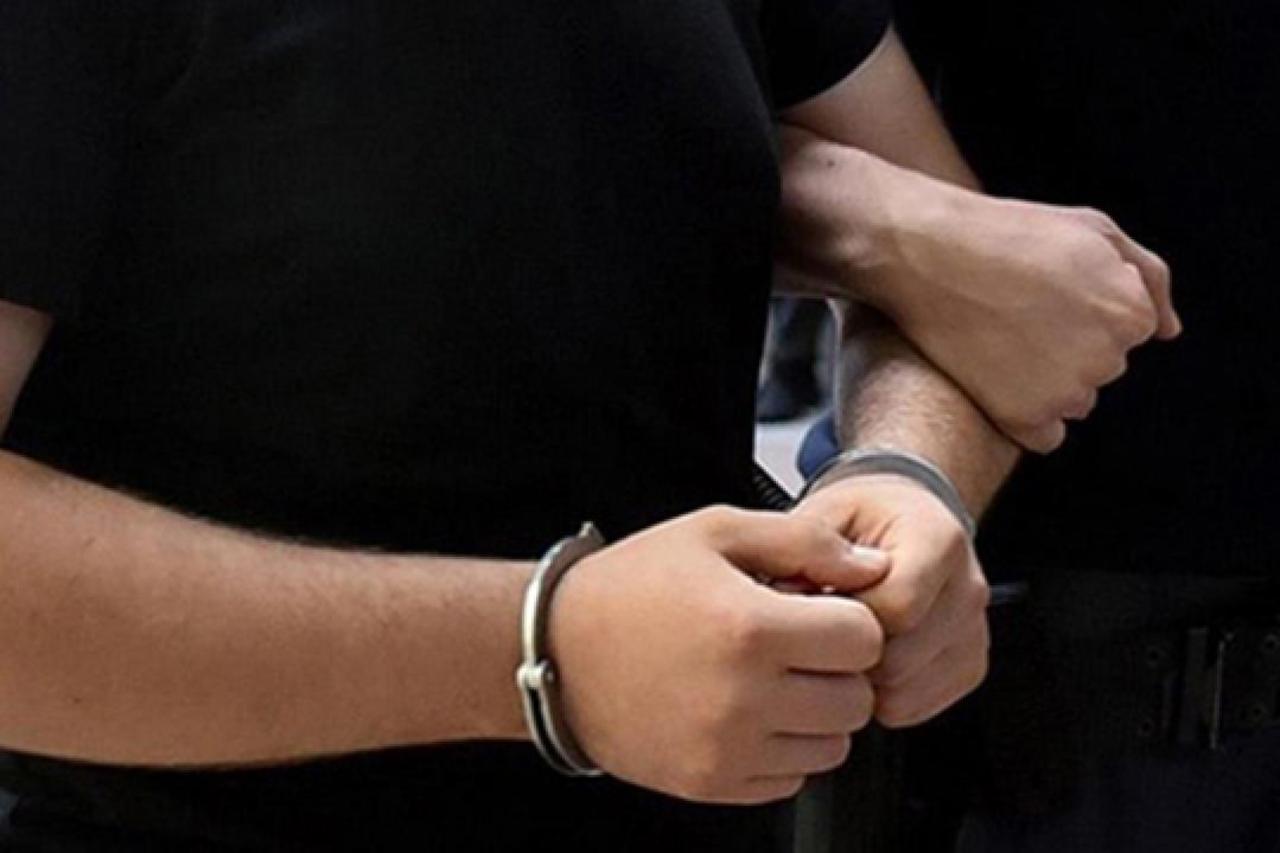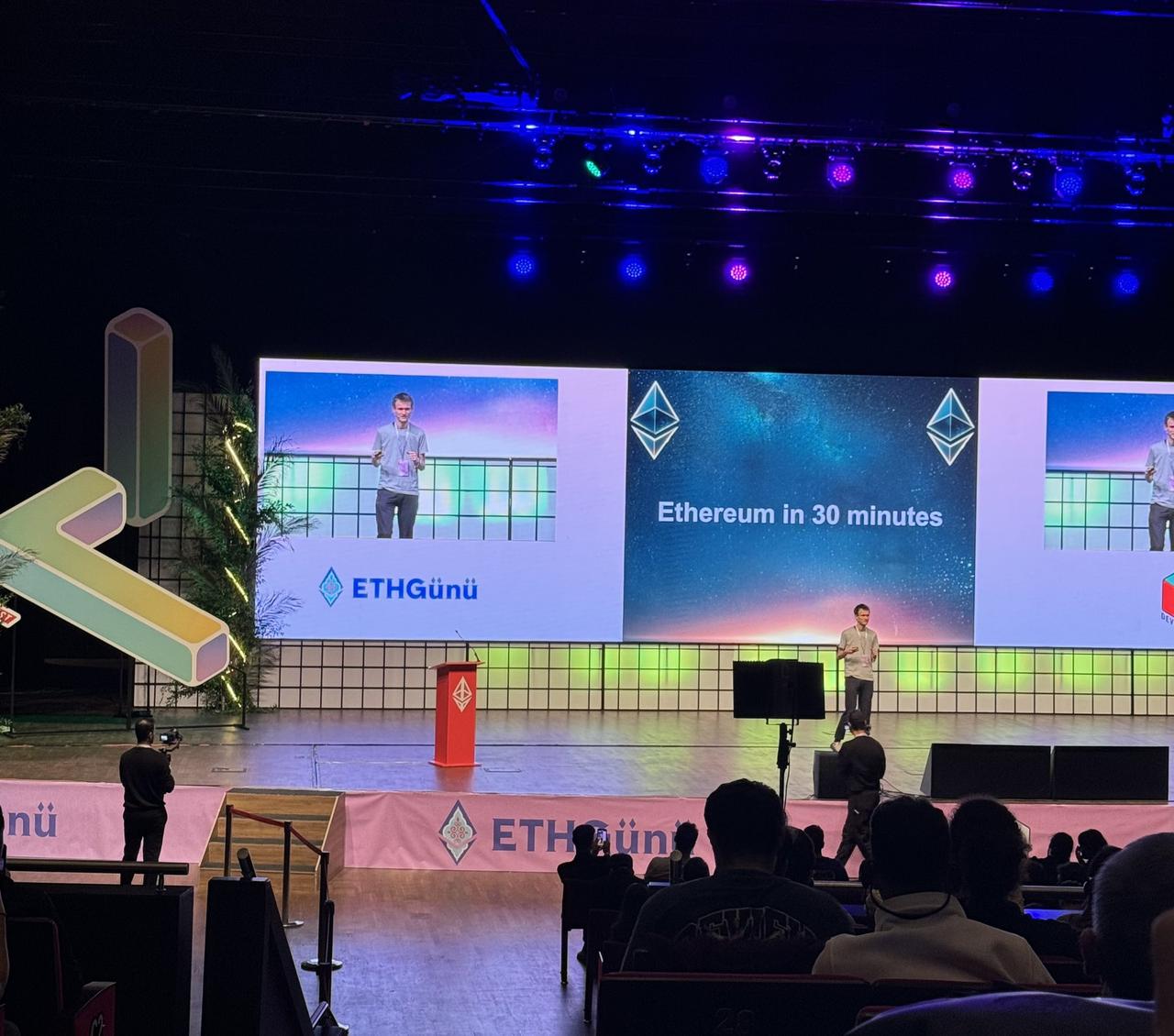
Ethereum core developer Federico Carrone, known online as “Fede’s Intern,” has been released from detention in Türkiye and has returned to Europe after spending 24 hours in custody over allegations of helping others misuse the Ethereum blockchain.
According to Carrone’s post on X regarding the incident, when he arrived at Izmir Adnan Menderes Airport on Sunday to meet with his business partners in Türkiye, he was detained by police, informed of an open case against him, and told he would need to appear before a judge.
Carrone said the only explanation he received for his detention was an accusation from Türkiye’s Internal Affairs Ministry that he had assisted in the misuse of Ethereum, allegedly in connection with a privacy protocol.
He stated that the incident may be related to a January 2022 academic paper and accompanying code, known as Tutela, which he co-authored to analyze privacy on Ethereum and the cryptocurrency mixing service Tornado Cash.
Carrone emphasized that the work was undertaken purely for academic purposes and did not facilitate illegal activity. “We didn’t develop privacy features, only code and a paper showing heuristics to deanonymize users,” he said, adding that the aim was to better understand privacy mechanisms rather than to support misuse.
After a day, Carrone was released after being informed by authorities that his belongings might be confiscated and he could be transferred to another location until formal charges were filed.
He has since returned to Europe and is working with a Turkish attorney on his defense. While he does not yet have full details of the case, he said he is prepared to return to Türkiye once the legal situation is clearer.
“If needed, once things are sorted out, I will come back to clear my name,” he stated.

Although Carrone recently faced this incident, it was not his first visit to Türkiye since the publication of his privacy research paper.
According to posts on his X account, he had previously traveled to Istanbul in 2023 to attend Devconnect, a major event in the Ethereum community.
Devconnect is a week-long gathering organized by the Ethereum Foundation that brings together blockchain developers, researchers, and community members from around the world.
The event is structured as a series of independent, in-depth sessions, workshops, and collaborative meetings, each focusing on specific aspects of Ethereum development and adoption.
Unlike large-scale conferences, Devconnect emphasizes smaller, topic-specific gatherings designed to foster direct collaboration and problem-solving among participants.
Following his recent detention, community members noted on social media that if a similar incident had occurred during Devconnect Istanbul, it could have disrupted the event.
One post by fellow developer Edgar described the situation as “very sad” and reflected on the potential impact had it happened during the 2023 gathering.

The case has emerged amid wider debates in the blockchain sector about whether open-source developers can be held liable for creating privacy tools.
In recent years, several developers linked to privacy-focused protocols have faced prosecution, including Tornado Cash’s Alexey Pertsev and Roman Storm.
Storm was recently found guilty by a jury in a New York court of operating an unlicensed money transmitter and faces charges of conspiracy to commit money laundering and sanctions violations.
Following his detention in Türkiye, Carrone donated $500,000 worth of Ether to Storm’s legal defense—10 times the amount his investment firm Lambda Class had initially planned to contribute.
Carrone argued that writing privacy-related code should not, in itself, be a criminal act. “Criminals are those who break the law. Would anyone jail Linus Torvalds because someone built a missile that uses the Linux kernel?” he said.
Carrone’s detention has drawn comparisons to the case of Virgil Griffith, an early Ethereum contributor who served nearly five years in prison in the United States. Griffith was arrested in 2019 after attending a blockchain conference in North Korea, where prosecutors alleged he explained how cryptocurrency could be used to evade sanctions.
Carrone said his own experience reinforced the need for solidarity within the developer community.
“Progress came from protecting those who challenged the status quo and building systems that allowed their ideas to scale. When we stop defending our innovators, we stop building the future,” he said.
Tornado Cash is an open-source cryptocurrency mixing protocol built on the Ethereum blockchain. It allows users to send and receive Ether anonymously by pooling funds and breaking the on-chain link between the sender and recipient addresses.
While such tools can be used for legitimate privacy purposes, Tornado Cash has also been linked to illicit activities, including money laundering, and is banned in several jurisdictions, including the United States, where it is sanctioned by the U.S. Department of the Treasury.
This legal status has prompted heightened scrutiny from regulators and law enforcement agencies worldwide.
Carrone’s research paper, titled Tutela, was published in January 2022 alongside an open-source codebase. The study examined the privacy properties of Ethereum and Tornado Cash, demonstrating how users of such mixing protocols could potentially be deanonymized through specific heuristics and analysis techniques.
Türkiye has maintained strict regulatory oversight of blockchain technologies in recent years, driven by concerns over financial stability, consumer protection, and illicit activity.
While the country has expressed interest in developing its own central bank digital currency, it does not recognize cryptocurrencies as legal tender, and payments in digital assets are prohibited under a 2021 regulation issued by the Central Bank of the Republic of Türkiye.
However, the Turkish Parliament enacted its first cryptocurrency law in 2024, under which holding, buying, selling, and exchanging cryptocurrencies remained legal.
Authorities have cited the potential for fraud, money laundering, and unregulated capital flows as reasons for tighter controls.
Blockchain-based service providers operating in Türkiye, including cryptocurrency exchanges, are required to register with the Financial Crimes Investigation Board (MASAK) and comply with anti-money laundering (AML) and counter-terrorism financing (CTF) obligations.
These include identity verification for all users and the reporting of suspicious transactions.
Most recently, the Capital Markets Board (CMB), Türkiye’s financial markets regulator, blocked access to PancakeSwap, a decentralized cryptocurrency exchange that allows users to trade tokens directly without intermediaries.
The decision was taken because the platform was operating without the necessary authorization in Türkiye and did not comply with the country’s financial regulations.